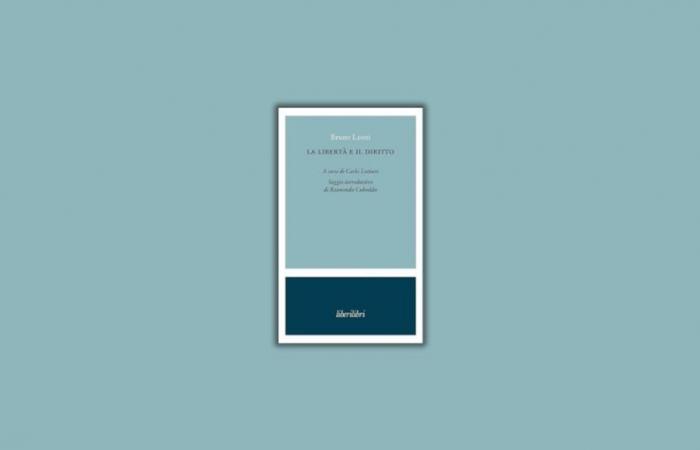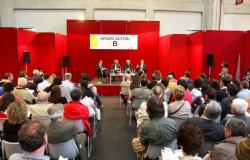A sheet of books
Freedom and law
Carlo Marsonet
03 lug 2024
Review of the book by Bruno Leoni (edited by Carlo Lottieri) published by Liberilibri, XCII-220 pp., 20 euro
The new Italian edition of Freedom and the Law (1961) has a revised translation, a new title and two new introductions. Carlo Lottieri, editor and translator, has in fact opted for Freedom and law (the previous translation was Freedom and the Law). The choice follows a precise approach: the previous title emphasized the antinomy of the concepts of “freedom” and “law”, the current one intends to underline how there can be no freedom without law. For Leoni, a radical critic of Kelsenian normativism, individual freedom can be defended only starting from a legal order that is not the fruit of incessant modification by legislators. Law, says the founder of the magazine Il Politico, is not the product of a “factory” of norms. Rather, it is configured as that institution that arises from interindividual interaction: law is therefore not imposed from above by the legislator, but rather emerges from below.
Leoni’s perspective is typically liberal. Against the idea that was prevalent at the time – and still is – that a legalistic system is enough to have a free society, Leoni opposes a more coherent conception of freedom. Freedom is not only a political or economic concept, but a juridical one. It is not enough to equate freedom, as Montesquieu maintained, with the “right to do everything that the laws allow you to do”: in fact, as Benjamin Constant observed, “the laws could prohibit so many things as to eliminate freedom altogether”. Leoni then thinks of another way of conceiving law, compared to the continental positivist tradition: Roman law and the English common law tradition, Lottieri observes, were his references.
In what is an unwritten book, since it is a collection of oral interventions (later revised) that Leoni held in the United States in 1958, the chapter “Freedom and Constraint” should be mentioned. Leoni recalls how in the Western political tradition, freedom means very simply the absence of impediment or constraint. In a world in which, instead, freedom has become synonymous with something other than itself, confusion reigns and its most authentic value is lost. One cannot therefore be surprised that law now means, more or less, what the sovereign decides or paternalistically grants. As Raimondo Cubeddu writes in his essay, Leoni gave life to a revitalization of Italian liberalism without equal in the twentieth century.
Bruno Leoni (edited by Carlo Lottieri)
Freedom and law
Liberilibri, XCII-220 pp., 20 euro






